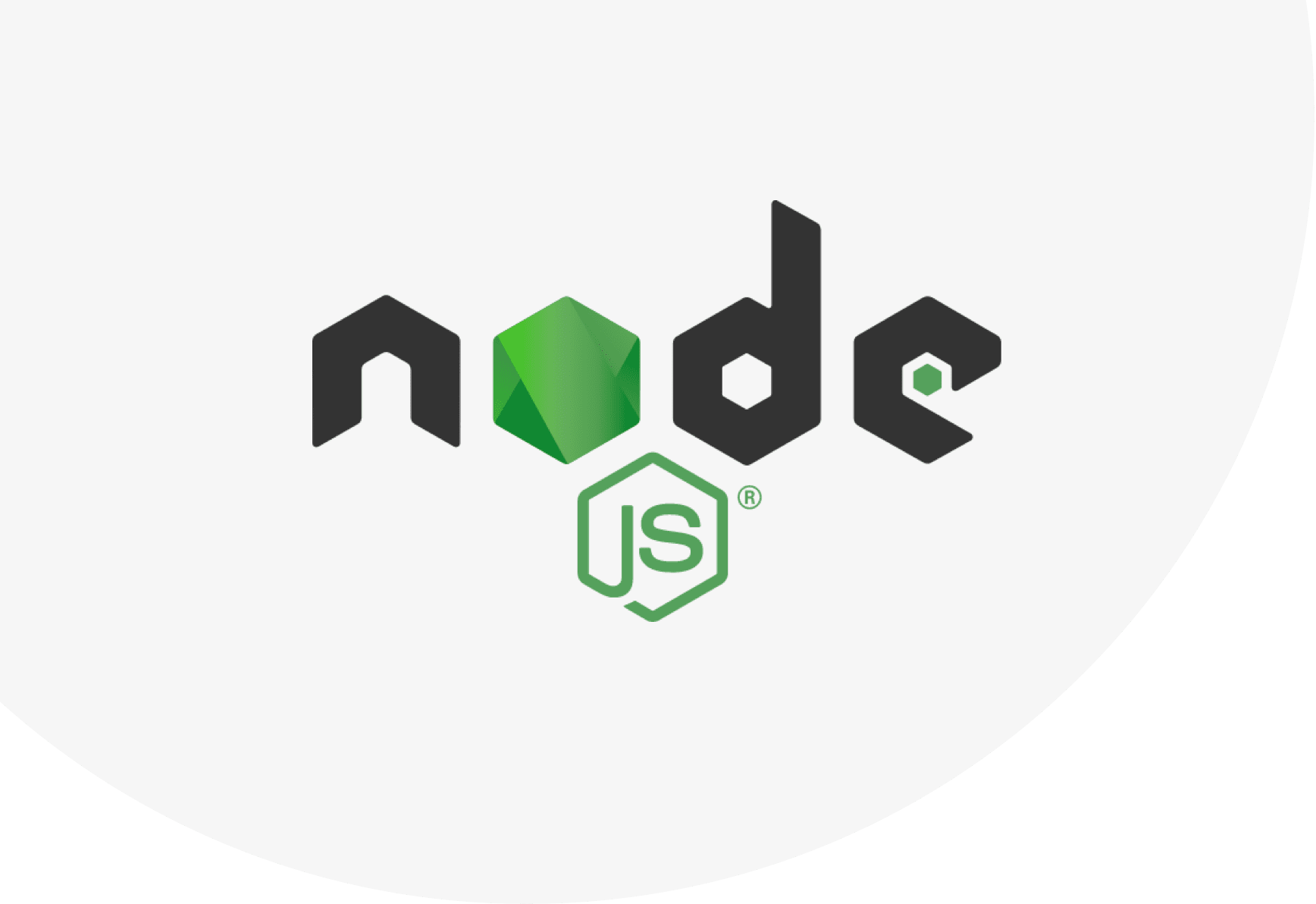Buzz Haven: Your Source for Trending Insights
Stay updated with the latest buzz in news, trends, and lifestyle.
Node.js: Where JavaScript Goes to Level Up
Unlock the power of Node.js and take your JavaScript skills to the next level! Discover tips, tricks, and insights to elevate your coding game.
Understanding Node.js: The Evolution of JavaScript
Node.js has significantly transformed the landscape of JavaScript, enabling developers to utilize this popular programming language for server-side programming. Initially, JavaScript was limited to client-side scripting, creating dynamic web pages that improved user experience. However, with the rise of Node.js in 2009, JavaScript evolved into a robust environment for building scalable and high-performance applications. By leveraging the V8 JavaScript engine developed by Google, Node.js offers an event-driven, non-blocking I/O model that allows for efficient handling of multiple connections simultaneously, making it ideal for real-time applications such as chat services and online gaming.
Furthermore, the evolution of Node.js has paved the way for the development of full-stack JavaScript applications, where developers can use the same language on both the client and server sides. This unification simplifies the development process and streamlines communication between the two layers, resulting in faster deployment and reduced complexity. With an ever-growing ecosystem of modules available through npm (Node Package Manager), developers can easily integrate existing tools and libraries, further extending the capabilities of Node.js. As JavaScript continues to evolve, its role as a powerful, server-side language is becoming increasingly indispensable in modern web development.

Top 10 Benefits of Using Node.js for Your Next Project
Node.js has rapidly gained popularity among developers, and for good reason. One of the top benefits of using Node.js for your next project is its high performance due to its non-blocking I/O model. This allows applications to handle numerous connections simultaneously, making it an excellent choice for real-time applications like chat platforms or gaming servers. Additionally, Node.js is built on Google Chrome's V8 engine, which compiles JavaScript directly to native machine code - this results in remarkable speed that can significantly enhance user experience.
Another significant advantage is the vast ecosystem that comes with Node.js. The Node Package Manager (npm) offers over a million packages, making it easier than ever to find and integrate the tools you need into your project quickly. This extensive library not only accelerates the development process but also enhances the functionality of your application. Furthermore, with a large community of developers actively contributing and providing support, troubleshooting issues or finding resources becomes much simpler. Here are a few more benefits to consider:
- Scalability
- Single Language Development
- Event-Driven Architecture
- Cross-Platform Compatibility
- Cost Efficiency
- Microservices-Friendly
- Strong Corporate Support
- Simplicity and Ease of Learning
How to Get Started with Node.js: A Beginner's Guide
Node.js is an open-source, cross-platform runtime environment that allows you to run JavaScript on the server-side. To get started, the first step is to download and install Node.js from the official website. After installation, you can verify the setup by opening your command line interface and typing node -v to check the Node.js version. This ensures that Node.js has been successfully installed on your system. Next, familiarize yourself with the basic structure of a Node.js application by creating a simple server using the http module, which can be done with just a few lines of code. Here's a simple example:
const http = require('http');
const server = http.createServer((req, res) => {
res.statusCode = 200;
res.setHeader('Content-Type', 'text/plain');
res.end('Hello World\n');
});
server.listen(3000, '127.0.0.1', () => {
console.log('Server running at http://127.0.0.1:3000/');
});Once you have your basic server running, it's essential to understand how npm (Node Package Manager) works, as it is a crucial tool for managing packages in your Node.js applications. You can initialize a new project by running the command npm init in your project directory, which will create a package.json file to manage your dependencies. To install packages, use npm install package-name. Additionally, explore key frameworks like Express.js, which simplifies building web applications with Node.js. As a beginner, practice is vital; start by building small applications and gradually implement more complex features, such as database integration or routing, to strengthen your understanding and proficiency in Node.js development.